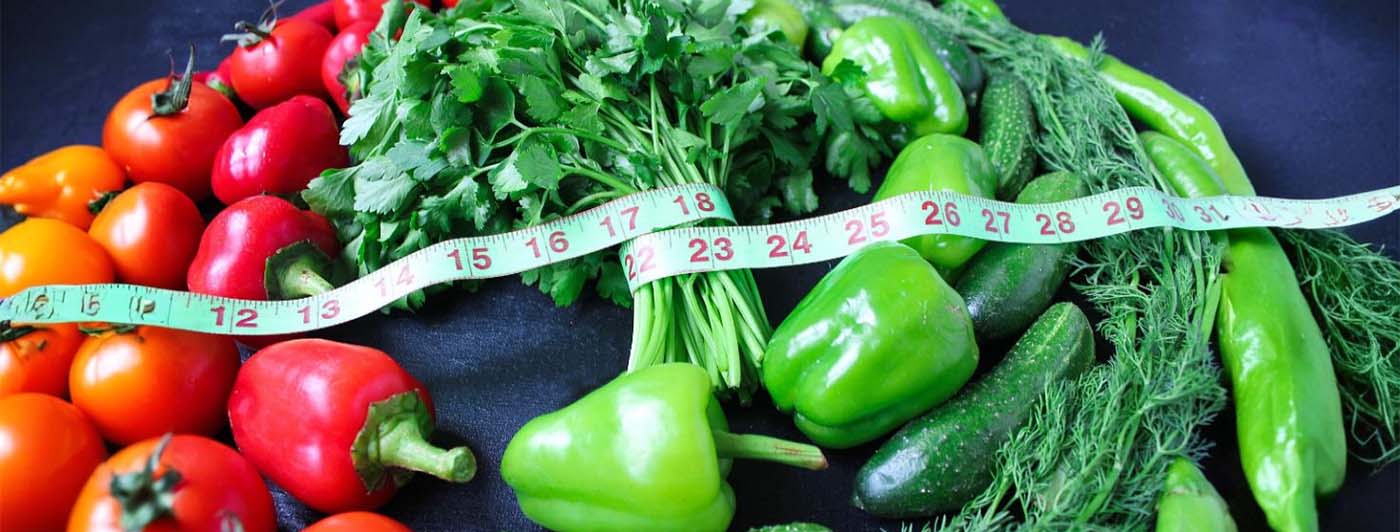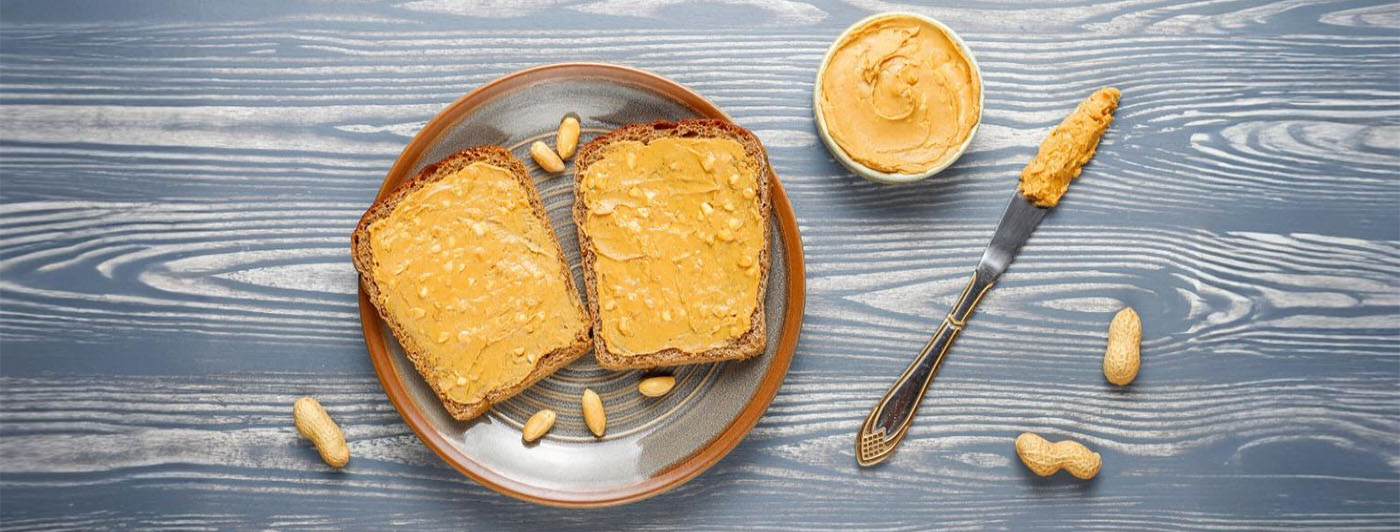Struggling with hair fall that just won’t stop, no matter what serum or oil you use? You’re not alone—and the real solution might not be in your bathroom cabinet, but in your bloodstream.
Hair thinning, excessive shedding, and slow regrowth can be deeply frustrating. While many people focus on topical treatments, the truth is: healthy hair begins from within. One key nutrient often overlooked in hair care routines is vitamin B12 for hair. This powerhouse vitamin plays a critical role in oxygenating your scalp and supporting the cells responsible for hair production.
In this complete guide, we’ll explore how to use vitamin B12 for hair regrowth, how deficiency impacts hair health, and ways to naturally boost your levels for stronger, thicker, and healthier hair.
Why Vitamin B12 for Hair Regrowth Matters
Vitamin B12 for hair is vital because it aids in the production of red blood cells. These cells deliver oxygen to your scalp and hair follicles, ensuring the follicles stay healthy and actively produce hair strands. When your body is deficient in vitamin B12, the hair follicles are deprived of oxygen and essential nutrients, which can cause hair to weaken, fall out, or stop growing altogether.

Without adequate levels of vitamin B12 for hair, the anagen (growth) phase of the hair cycle is disrupted, which can lead to slower regrowth or even premature greying. For those looking into how to regrow hair naturally, correcting a B12 deficiency is a powerful starting point, as it restores the internal processes essential for strong and consistent hair growth.
Signs You Might Be Deficient in Vitamin B12
Before diving into how to use vitamin B12 for hair, it's important to identify if you're lacking in this nutrient. Here are some signs of B12 deficiency:
-
Fatigue or weakness
-
Tingling sensations or numbness
-
Pale or yellowish skin
-
Mood changes or irritability
-
Thinning hair or increased hair fall
If you’re experiencing these symptoms, especially along with hair issues, it’s worth checking your vitamin B12 levels through a simple blood test.
How to Use Vitamin B12 for Hair Regrowth
Now that we know why vitamin B12 for hair is crucial, let’s understand how you can incorporate it into your hair regrowth strategy.
1. Oral Supplements
The most direct way to boost your B12 levels is through oral supplements. You can choose from cyanocobalamin or methylcobalamin forms. Daily supplementation of B12 is especially important for vegans and vegetarians who might not get enough from diet alone. Since plant-based diets may also lack certain amino acids critical for hair structure, pairing B12 supplements with a diet rich in plant protein can further support strong, healthy hair from within.
2. Vitamin B12-Rich Foods
Natural food sources of vitamin B12 for hair include:
-
Eggs
-
Dairy products
-
Fish like salmon and tuna
-
Fortified cereals and plant-based milks
Including these in your diet ensures your body receives a regular dose of B12 to support scalp health and follicle regeneration. If you're plant-based, fortified foods and supplements become essential. Many people also combine these with a plant based protein powder in their morning smoothie, not only to support muscle and overall health, but also to ensure the body has sufficient amino acids and B-vitamins—both essential for healthy hair growth.
3. Topical B12 Products
While less common, some hair serums and scalp treatments now include vitamin B12 for hair as a topical ingredient. Although absorption through the scalp is limited, it may support scalp health when used in conjunction with oral supplementation.
Combining Vitamin B12 with Other Nutrients for Maximum Impact
While vitamin B12 for hair plays a foundational role, it's not the only nutrient involved in hair health. For best results, combine it with the following:
-
Biotin: Known for strengthening hair strands. People often report visible biotin results after 1 week, especially in nail and hair texture.
-
Collagen based foods: Collagen provides the amino acids needed to build keratin, the protein that makes up your hair.
-
Plant protein: Your hair is made up of protein. If you're on a plant-based diet, ensure you're getting enough protein through legumes, nuts, and seeds.
-
Vitamin E foods for skin: These help reduce oxidative stress on the scalp and support healthy hair follicles.
How to Integrate B12 into a Holistic Hair Care Routine
1. Daily Nutrition
Start your day with a meal that includes protein rich fruits like guava or avocados, and fortified foods that provide vitamin B12 for hair. If you follow a vegan lifestyle, consider adding plant based protein powder to smoothies to ensure adequate protein and B12 intake.
2. Weekly Hair Mask or Scalp Massage
Use essential oils like rosemary or peppermint with a carrier oil and gently massage your scalp. Improved circulation helps deliver vitamin B12 and other nutrients to your follicles more effectively.
3. Monthly Blood Tests (If Deficient)
Track your vitamin B12 levels if you’re supplementing. Excess B12 is usually excreted, but it’s best to stay within the optimal range.
4. Manage Stress and Sleep
Stress can deplete essential vitamins and hinder hair growth. Quality sleep and meditation can improve nutrient absorption and overall wellbeing.
The Science Behind Vitamin B12 and Hair Growth
Clinical studies have shown that a deficiency in vitamin B12 is strongly associated with various forms of hair loss, particularly telogen effluvium, a condition where hair follicles prematurely enter the resting (telogen) phase. This leads to increased hair shedding and visibly thinner hair over time. Vitamin B12 for hair plays a critical role at the cellular level. It is essential for:
Red blood cell formation: Red blood cells carry oxygen to tissues, including the scalp and hair follicles. Oxygen-rich follicles are more productive in generating healthy, strong hair strands.
DNA synthesis: Hair follicles are among the most rapidly dividing cells in the body, and they require constant DNA replication to support new hair strand production. Without sufficient B12, this replication process is impaired, leading to slower or weaker hair growth.
Methionine synthesis: B12 acts as a co-factor in the synthesis of methionine, an amino acid that supports the structure of the hair shaft. Methionine is also a precursor for cysteine, the key component of keratin, the protein that makes up over 90% of your hair.
In short, maintaining optimal levels of vitamin B12 for hair is crucial to support healthy follicle function, prevent premature shedding, and promote strong, consistent regrowth from within.
Common Myths About Vitamin B12 and Hair
Myth: Only older people need B12
In reality, young adults—especially those on restrictive or vegan diets—are at risk of deficiency too.
Myth: More B12 equals faster hair growth
Once your body reaches optimal levels, additional vitamin B12 won't accelerate growth. It’s more about balance.
Myth: Topical B12 is enough
While useful, internal B12 intake is the most effective way to benefit your hair.
Conclusion
Hair regrowth isn’t just about what you apply externally—it’s deeply linked to your internal nutrient profile. Ensuring you get adequate vitamin B12 for hair is one of the most effective, scientifically supported ways to reverse hair thinning and promote stronger, healthier strands.
If you’re aiming for a fuller, thicker mane, focus on nourishing your body with the right vitamins, especially vitamin B12, in tandem with proteins and antioxidants. Add collagen based foods, opt for vitamin E foods for skin, and integrate a variety of plant protein sources. With a consistent approach, you’ll see gradual improvements and move closer to achieving your natural hair goals.
And yes, don’t forget to sprinkle in some vegan protein sources along the way—it’s not just about your hair, but your overall health too.












